Our Blog
When Can Babies Sit Up in Prams?

Babies develop quickly - they start to learn and see new things every day. This may leave you with the lingering question -‘when can my baby sit up in their pram?’
The answer is usually around the 6-month mark - at this point, your baby will likely be ready to sit up in their pram. However, remember that babies develop at different paces.
That brings us to today's blog where we will look into the details behind when your baby will sit up in their pram, the signs you should look out for and how you can find the perfect stroller for your baby to sit up in.
Understanding The Basics
There is not a one-size-fits-all answer when it comes to when babies can sit up in prams. It depends on the individual baby and their development progress.
As a general guideline on when your baby may be ready to sit up in a pram, most experts recommend waiting until the baby is at least 6 months old before allowing them to sit up in a stroller. It is also recommended that strollers aren't used past the age of four.
Why 6 Months?
Newborns have delicate neck muscles and limited head control during the early months of their life. Therefore, it is essential that newborns lay flat in their pram as this will promote a healthy spine and neck - and also allow enough oxygen to enter their tiny lungs.
Newborn babies also grow at a fast rate, so making sure they are lying flat will accommodate for their growth spurts. Many strollers are specially designed with features like a fully reclining seat to accommodate newborns safely.
Around the six-month age mark, babies typically begin to develop better neck strength and overall stability, making it safer for them to ride in a stroller. As they can comfortably sit up with minimal support, reducing the risk of slipping or experiencing discomfort.
However, it's crucial to assess your baby's individual development and consult with your paediatrician before moving them to a stroller.
Some babies may reach developmental milestones earlier or later than others, so be sure to consider your child's unique needs and capabilities.
Baby Development Timeline
Let's take a look at the baby development timeline. This timeline is an average of where most babies are at when they reach the 6 and 9 months mark.
It is still important to remember that each baby has their individual timeline and all babies can grow at slower and faster paces than each other. You shouldn't worry if you feel your baby is developing slightly slower than the average timeline!
At 6 months
Many babies begin to develop their strength and coordination at 6 months old, including getting ready to sit up without the support of holding their head or neck.
At this age, they may be able to sit up in a pram, but your baby will only be able to sit up in their pram if the pram has a reclining seat position feature.
This feature is so that you can seat your baby as well as lay them flat. This means it will provide the right support for your baby at all stages of their development.
By 9 Months
By 9 months, most babies have developed good head control and the muscle strength and balance required to sit up without much support. They can usually sit up in a stroller without any issues.
Every baby develops at their own pace. This is important to remember, as some may achieve this or other milestones earlier or later than others.
Generally, though, most babies start showing signs of strength between the ages of 6 and 9 months.
Signs Your Baby Is Ready
To determine when your baby is ready to sit up in a pram, you need to understand the signs. The main body language cues that they are ready include:
- Improved head control
- Improved balance
- The desire to be more upright
- Engaging with their surroundings
Let's take a further look into these examples…
Safety First
Safety should always come first and you should make sure that your baby is completely ready before you try to place them in an upright position in their stroller.
Always ensure your baby is securely fastened in the pram according to the manufacturer's guidelines. Make sure the pram provides adequate support for their back and neck during their transitional phase.
Also, assess your baby's weight and size. Strollers have weight and size limits that vary depending on the model, so ensure your baby falls within the recommended range before placing them in it.
Improved Head Control
When your baby can hold their head steady and upright without much support, it's a strong indication that they are developing the neck and upper body strength needed for sitting up.
If your baby is less wobbly and has more balance when you hold them in a seated position on your lap or the floor, it suggests that their balance and stability is improving.
Interest in Upright Position
Babies who are ready to sit up often show curiosity about their surroundings and want to see what's going on around them. They may try to prop themselves up or arch their back when lying down.
If your baby can engage their core muscles and push themselves up a little while lying on their tummy, they are likely getting ready for a more upright position.
Sometimes babies may try to pull themselves into a seated position when you're holding them, or they may use their arms to push themselves up when lying on their back. This is also an indicator that they may be transitioning into an upright position.
Age Milestones
While the timeline can vary, most babies start sitting up with support around 4-6 months and can sit up independently by 6-9 months. Keep an eye on your baby's developmental milestones to get a general idea of their readiness.
Always prioritise your baby's safety and comfort when transitioning to an upright position in a stroller. Each baby is unique, and so these signs should be taken as general guidelines.
Transferring Your Baby From Pram to Stroller With Lejoux
When the time is right for your baby to sit upright in a stroller, it may be time for an upgrade from a pram to a stroller.
But what should you look for when choosing a stroller? Let's take a look at some of the non-negotiable features.
Lightweight and Durable
Nobody wants a heavy stroller that is difficult to manoeuvre around, that's why at Lejoux all of our prams are lightweight, so you can push your baby around with ease, and also pick your stroller up if you need to carry it through the airport.
These strollers are not just lightweight but also built to last, ensuring they can withstand the adventures of early childhood, with a strong and sturdy frame.
One Button Folding
Remove the faff of putting your pram down when getting on busy public transport or entering a restaurant with a curious toddler who likes to wander around.
Our strollers have a stress-free 2-second folding mechanism so you can keep your eye on your toddler at all times, and continue your travels.
Compact and Travel-Friendly
Do you enjoy travelling but find it difficult with a bulky pram that takes up all the space in your car boot or cupboard?
With our strollers at The Lejoux Stroller, you can still enjoy travelling with our strollers - they fold down to an extremely compact size fitting in small spaces, car boots and aeroplane overhead lockers (check airline!).
Safety Features
Some of the safety features you should look out for when choosing a stroller include: (P.S. Our strollers at The Lejoux Stroller have all of these!)
- 5 point harness
- One hand folding
- Safety bar
- 360-degree swivel wheels
- One-button foot brake
Padded and Vented Seat
It's all good and well having safety features and features to make the pram more convenient - but comfort is also key.
That's why all of our prams at Lejoux have padded and vented seats - your baby can have maximum comfort during their travels.
Upgrade to a Stroller With Lejoux
Here at The Lejoux Stroller, we offer a range of strollers and accessories suited for your baby. We understand that choosing the right stroller for your child is important, not just for their health and safety but for your convenience too.
Whether you are after prams for babies aged 0 months and older, strollers or pushchairs, we have everything you need in one place. Get ready to explore with your little one as they begin to sit up and wish to take in the world around them as you travel around together.
Browse our website today and please don't hesitate to get in touch if you have any questions.

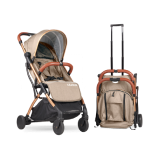
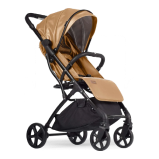
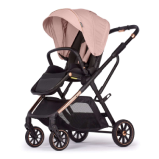
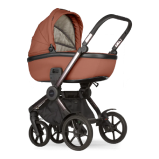
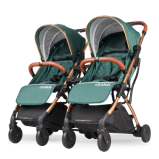

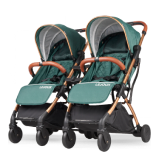
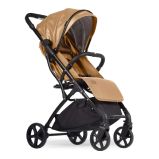
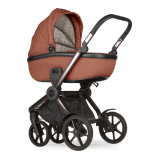
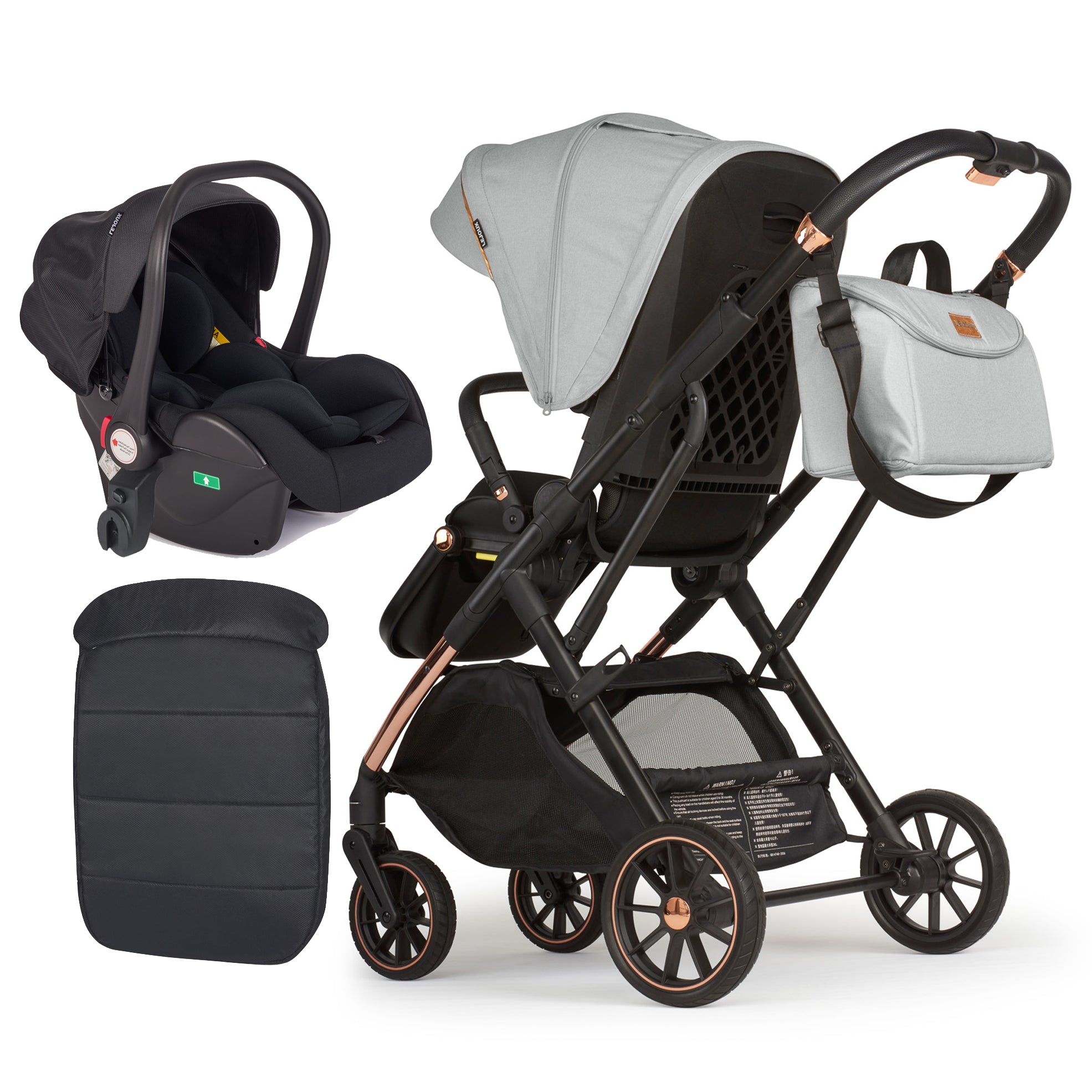

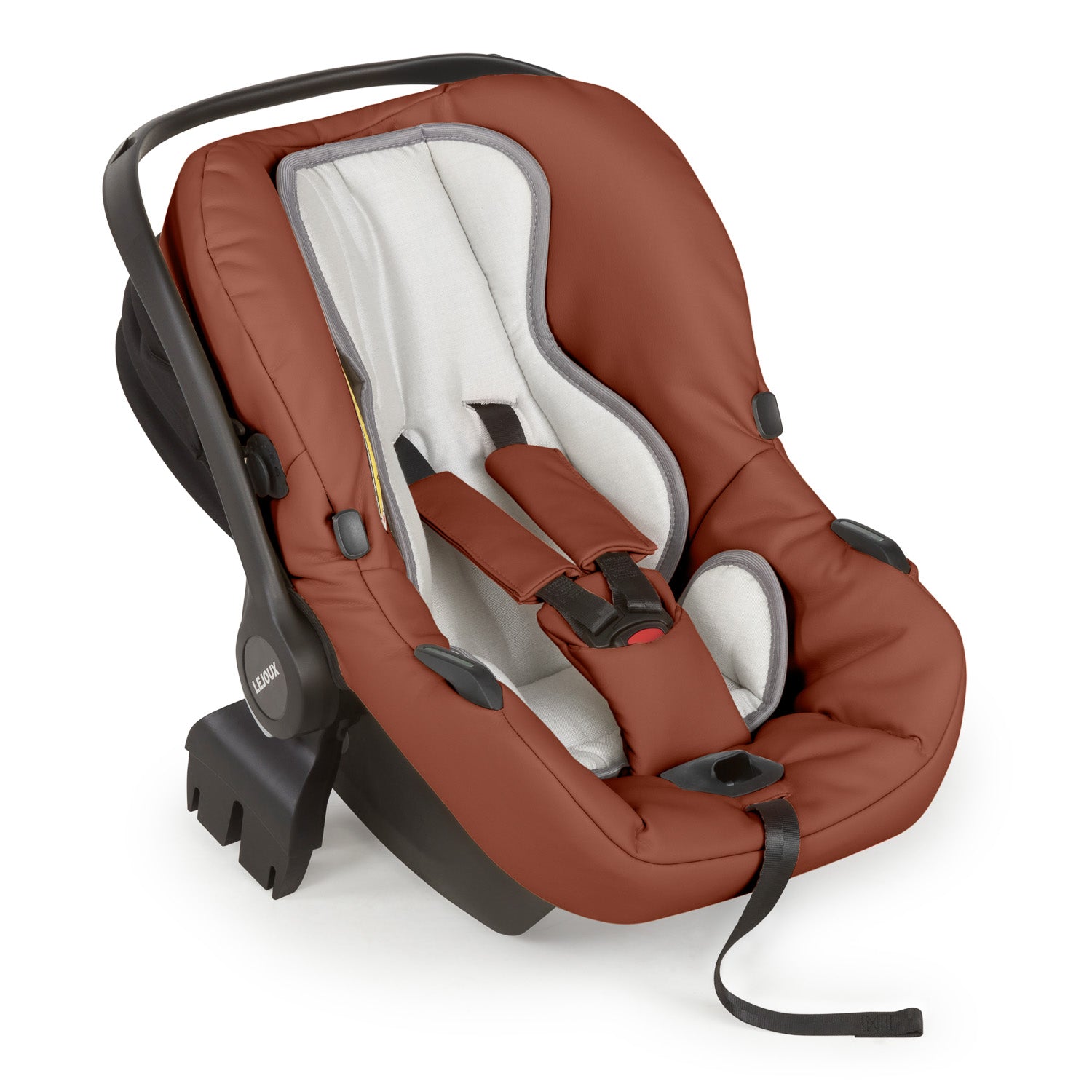
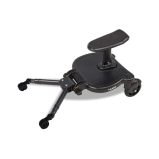
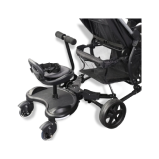
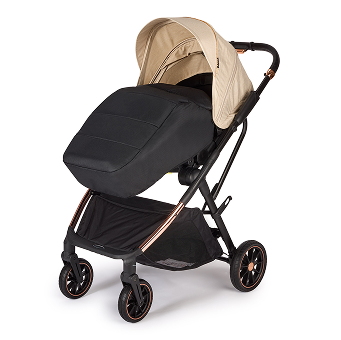
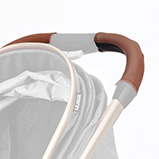
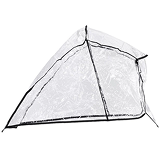
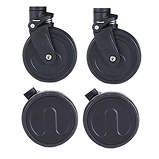
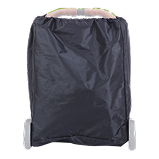
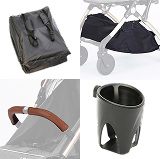
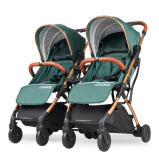
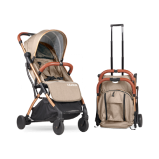
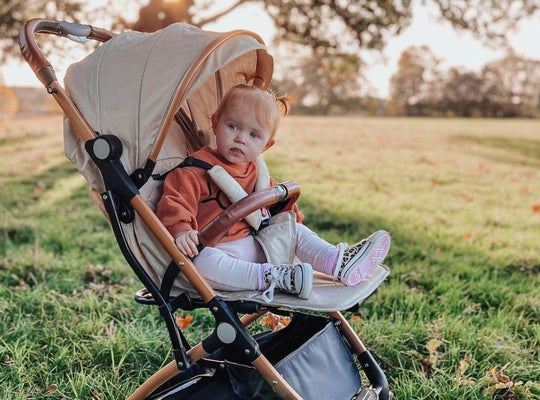
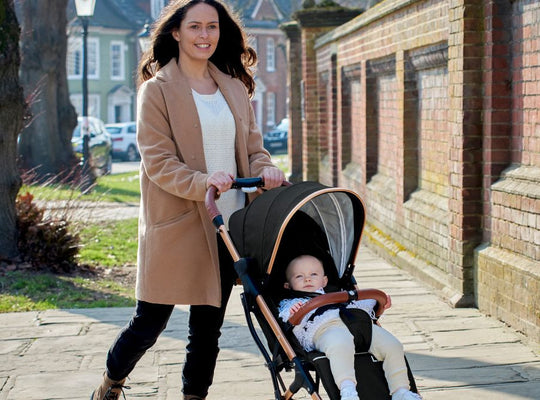
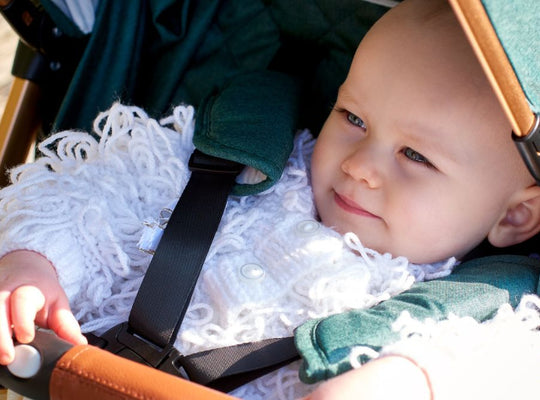
LEAVE A COMMENT